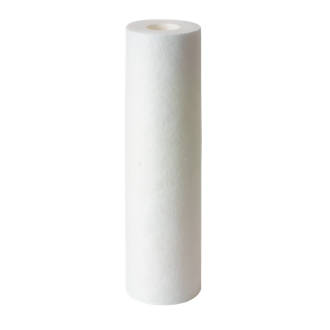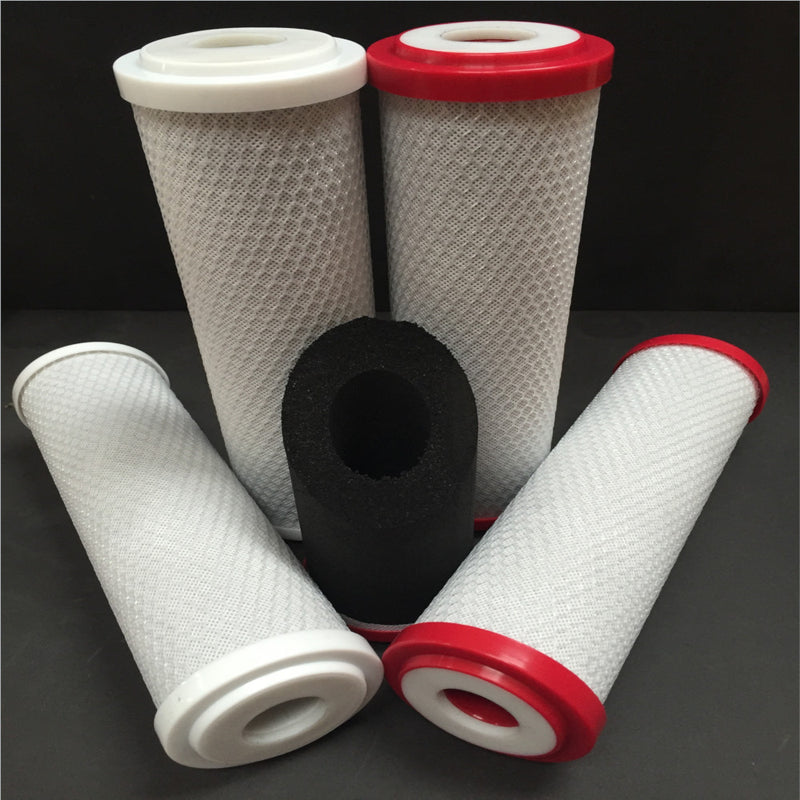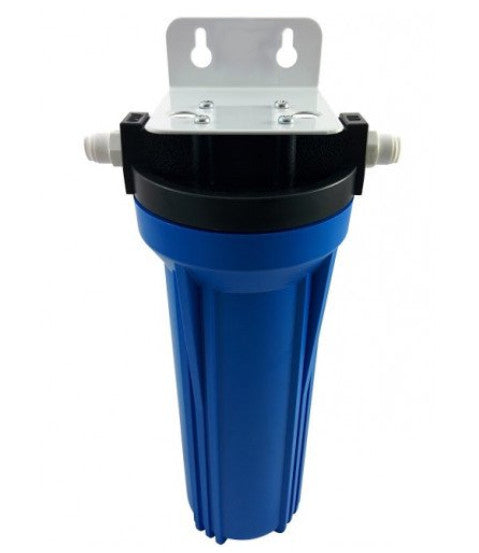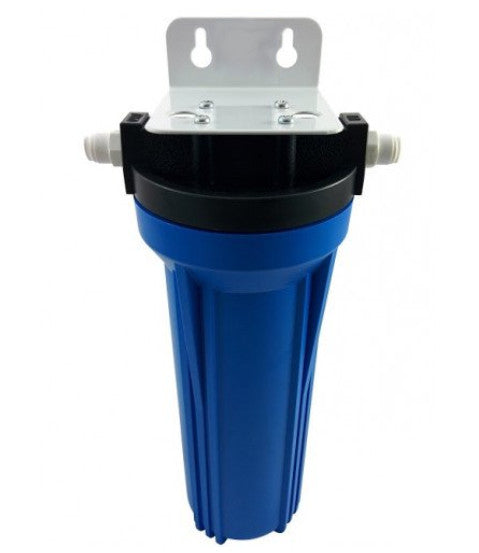How bacteria reacts to UV light
Ultraviolet (UV) light can be used in many different ways. However, we are only interested in the UV-C spectrum as that's what we use to mitigate bacteria growth in air and water treatments. Here, we will look at and explain exactly what UV light does to the bacteria during the air and water disinfection process.
What is UV light?
Ultraviolet (UV) light is just part of the electromagnetic spectrum. The word Ultraviolet is derived from the Latin word “ultra” which means beyond, and the colour violet, which is the last colour in the visible section of the electromagnetic spectrum. So Ultraviolet simply means the next thing after violet.
Ultraviolet light is emitted by the sun in huge doses but is absorbed to the Earth's atmospehere to a large degree. However, recreating this type of UV has been possible for around 100 years now and it's been used in various industries to great effect. While the UV spectrum is mostly harmless, UV-C light can be extremely damaging to all organic material, including eyes and skin on both humans and animals. It counters this by having a lot of benefits with regards to sanitation. The sterilizing effect of using UV-C light on air, surfaces and water has been proven to be highly effective in breaking down bacteria. That's why it is commonly used today in applications from hospital operating theaters to air handling systems in supermarkets.
How does UV treatment effect bacteria in air and water?
The sterilization process in air and water is dominated by the chemical market at the moment. But UV technology is being adopted more and more as greener options become more popular. UV treatment can be applied to all different industries including food processing, waste water treatment, swimming pools and drinking water purification.
UV disinfection has a different effect of individual bacteria depending on how resistant they are to UV-C light. However, standard dosages that are applied throughout the UK inactivate 99.99% of all the common bacteria, viruses and pathogens that we come across day to day. Benefits of this process are that the dosage can all be applied in one place so UV treatment can be faster than chemical methods of disinfecting.
So to explain how the UV light interacts with organic material, this will be the same no matter where the organism is situated (in air or water). When the UV light comes into contact with the organism, the energy in the light fuses the DNA/RNA together making the strand unable to reproduce. Although the organism is still alive, because it can't split into 2 it's classed as being deactivated. Having UV in your air and water treatment plant doesn’t filter the bacteria out, but it does make them harmless and cancels out their ability to make people ill. A great example of the effectiveness of UV uses bacteria like E. coli and Guardia as they don't have a very high resistance to UV treatment. UV disinfection has no effect on the taste, odour or colour of water, so while it's very effective process, it's not always obvious to physically see the results.
Where can you use UV treatment?
UV Air and water treatment is used in a whole host of ways in both industrial, commercial and domestic settings.
UV air treatment is often used in air handling systems in airports, shopping centers and shipping containers.
UV water treatment is probably the most popular use of UV disinfection technology at the moment and is often used in swimming pools, food processing and manufacturing facilities and agricultural sectors. Building services covers anything from new builds and retrofits to office and factory based businesses that simply want to ensure they have a clean source of water for their employees.
Domestically, there is easy access to our range of UV water filters that are ideal to install into your homes no matter what the water source is. You can also use a UV water filter in your swimming pool so that you can use less Chlorine and reduce the amount of top up water that you need to refresh your pool with. UV systems are required by law to be used in commercial pools in Europe with UK guidelines likely to follow suite soon. If you'd like to know a bit more about the benefits of UV in swimming pools just get in touch with us. We have an experienced team that are happy to go over it with you.
Here at Rhinotech Systems we offer a huge amount of experience and a wide selection of UV treatment equipment, we can cater for the smallest domestic needs all the way up to large scale industrial applications. To find out more about what we can offer and how we can improve the quality of your water, don't hesitate to contact us using the details on our website.





